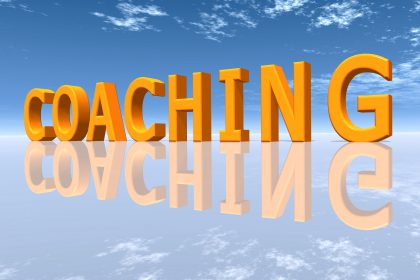By Pete Liska https://www.linkedin.com/in/peteliska/
Untrained coaches and coaching clients alike may not know or be aware of the coaching Code of Ethics. Coaching clients also may not know to ask their coach or a potential coach if they have or adhere to a Code of Ethics or if they have completed coaching certification.
It seems that there are many individuals calling themselves coaches without any formal coach training, and many who may not have or adhere to a Code of Ethics. What does this mean to a client? It means that the quality of coaching varies greatly. Some “coaches” without coach training may say and advertise that they are coaching when they are doing something completely different because they are unaware of the difference between coaching, consulting, or counseling.
At the Center for Coaching Certification (CCC) the ICF Code of Ethics is covered in-depth. Those who complete CCC programs will be well versed in the ICF Code of Ethics, how it applies to coaching, and what it means to a client or potential client.
What are the reasons having and being accountable to a Code of Ethic s is a good thing? Well, unqualified coaches not following or adhering to a Code of Ethics cause harm to their client and the coaching profession. If a client had a bad experience with an untrained coach, they may talk to others and tell them how bad their coaching experience was, which can deter others from approaching a coach. The ICF maintains a Code of Ethics in part so that the quality of ICF coaches meets an industry and professional standard. The CCC adheres to and recommends all coaches also adhere to the ICF Code of Ethics in all areas of training, coaching, and coach support.



